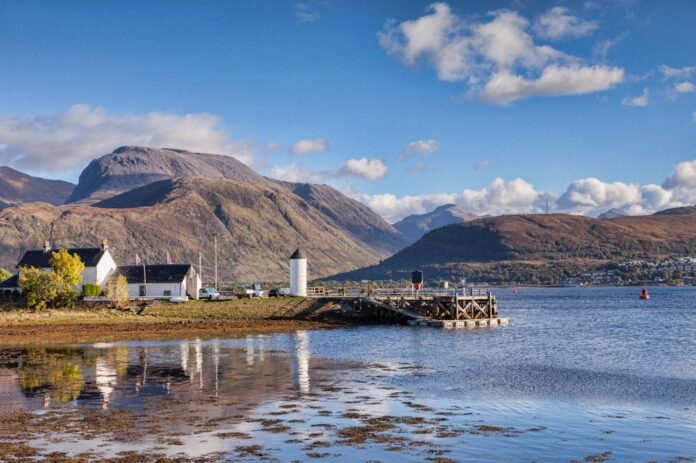Network slicing for every hamlet
The telco group BT-EE has brought hundreds of rural communities across the kingdom up to speed with 5G, it revealed yesterday in a press briefing. Mobile operations division EE already has a 5G presence in ‘nearly’ every major UK town and city, it says, and it covers 60% of the population. Recently the long reach into the most rural populations has been supported with special measures, such as low earth orbital (LEO) technology from satellite operator OneWeb and high altitude platforms systems (HAPS) from the informatively named Stratospheric Platforms (as reported in January 2023). “As a technologist, I’m proud of the way BT Group is applying new innovations to reduce the digital divide,” said Howard Watson, BT Group’s Chief Security and Networks officer.
The rural communities that have been brought into the online fold include Church Stretton and Birkenshaw in England, Llandeilo and Pen-y-banc (Carmarthenshire) in Wales and Tayport and Ratho in Scotland, all of which now have their first 5G signal from EE. This brings the total number of UK cities, towns and villages in which customers can access EE 5G to over 1,000.
As part of the rollout, EE’s 5G is also reaching National Parks and popular rural tourist destinations such as Berwick-upon-Tweed and Windermere in England, Brecon (Aberhonddu), Dolgellau (Gwynedd) and Narberth (Pembrokeshire) in Wales, and Fort William in Scotland. The investment in rural coverage is part of a commitment to deliver an EE 5G solution anywhere in the UK by 2028.
Some remote sites could be self-powered, albeit partially. EE is weeks away from launching its first wind turbine to charge batteries in Wales’ Elan Valley. Initial assessments demonstrate that local sourced renewable energy (wind and solar) can contribute up to 90% of the site’s needs. If that fails, and there are no reserves in the batteries, then the sites could use generators powered by old cooking oil and other waste. There will be a Biofuels phase-in, during which the use of biofuels like Hydrotreated Vegetable Oil (HVO), Biogas and Hydrogen will be tested. EE will initially implement the solutions as a trial across 20 physical sites.
“The progress announced today is a critical step toward meeting our goal of enabling a 5G connection anywhere in the UK by 2028,” said Howard Watson, Chief Security and Networks officer, BT Group. “The strength of our underlying 4G network, thanks to improvements made under the Shared Rural Network, has put us in the best position to make widespread 5G coverage improvements outside of big cities.”


